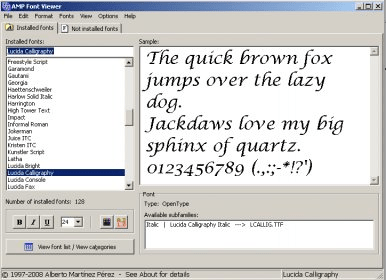

In the Volumes tab, you can determine the Partition Style.


Instead, if you right-click on the SRP partition itself, you won’t see the Properties option. Note that you’ll need to right-click on the Disk # on the left. Let’s now access the SRP and delete the unused font files from the Boot\Fonts directory inside SRP. For GPT disks, you need to use the mountvol command to assign a drive letter. If you have an MBR partition, you can use Disk Management to assign a drive letter for the System Reserved partition and browse the contents with File Explorer. The System Reserved partition doesn’t have a drive letter assigned by default. Also, there are many unused font (*.ttf) files inside the SRP that you can remove to free up disk space. Some third-party anti-virus and security apps write to the SRP and can fill it up. If you make an error in entering these commands, you could put your device in a no-boot situation, and possibly lose data you have stored on the device. Follow the steps below:Ĭaution: As the following steps are complicated, and carry some risk, make sure you backup your data or make a complete image backup, before proceeding. We can free up approximately 13 MB of disk space by deleting unused font (TTF) files in the System Reserved partition. The System Reserved Partition is a small partition on your hard drive that stores boot information for Windows.
#Windows font viewer error update


 0 kommentar(er)
0 kommentar(er)
